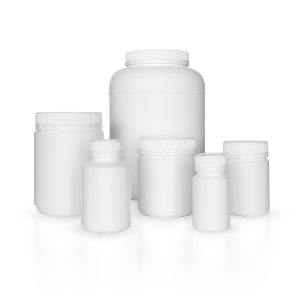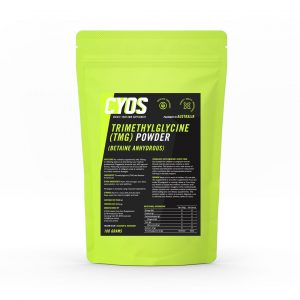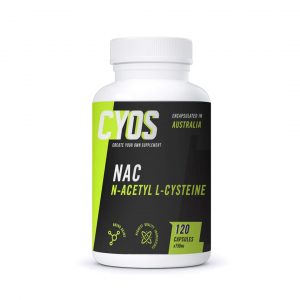


Health
J J 05 May 2019
Inositol and Women’s Health
Share
Inositol is a supplement that is primarily used for women’s health and fertility issues. Studies have found it restores insulin sensitivity in instances of resistance (type II diabetes and polycystic ovarian syndrome being the most investigated), for reducing anxiety and is often used to treat PCOS in women. Inositol also has anxiolytic effects potentially reducing anxiety and depression although studies found that the anti-depressant effects seem to only work in females.
The term ‘Inositol’ is used commonly with dietary supplements, it usually refers to a specific stereoisomer called myo-inositol. Inositol is a vitamin-like substance found in many plants, animals, is produced in the human body and can be made in a laboratory. You can find Inositol in high levels in citrus fruits and whole grains.
A number of studies on women with PCOS found that supplementation of inositol in the range of 200-4,000mg daily appears to be effective in improving fertility.
A study on the effects of Inositol on ovarian function and metabolic factors in women with PCOS found that taking 200mg of inositol daily (in two divided doses of 100mg) for a period of 12 weeks was effective in reducing body weight and improving fertility. [1]
A study on the effects of hirsutism and acne (common side effects of PCOS) was therapeutic over the course of a six-month treatment at 2,000mg. Acne as a baseline was either moderate or severe and after supplementation, it was reduced with more than half the sample noting an abolishment of all acne. [2]
High doses of Inositol is associated with reductions in panic attack frequency to a level greater than the reference drug fluvoxamine. Because inositol is a natural compound with few known side effects, it is attractive to patients who are ambivalent about taking psychiatric medication. [3]
Inositol has shown effective in lowering triglyceride and testosterone levels, modestly decreasing blood pressure and improving the function of the ovaries in women with Polycystic Ovarian syndrome. CYOS has myo-inositol available in both powder or capsule form.
References:
[1] – https://www.ncbi.nlm.nih.gov/pubmed/15206484
[2] – https://www.ncbi.nlm.nih.gov/pubmed/19551544
[3] – https://www.ncbi.nlm.nih.gov/pubmed/11386498
https://examine.com/supplements/inositol/#summary
CYOS blog content is for informational and educational purposes only, and should not be considered medical advice, diagnosis or treatment recommendations. Always consult with your doctor or medical professional before using any dietary supplements or if you suspect you have any medical concerns or issues.
Share
SHOP OUR PRE-MADE CAPSULES RANGE
100% Pure • Encapsulated in Australia • Vegetarian Capsules • No Fillers • No Additives • No Binders • No Anti Caking Agents • Allergen Free • No Preservatives • Non GMO
Our best sellers
 Search Products
Search Products
 All Products A-Z
All Products A-Z
 Pre-Made Capsules
Pre-Made Capsules
 Additives
Additives
 Amino Acids
Amino Acids
 Anti-Oxidants
Anti-Oxidants
 Beauty
Beauty
 Bioactive Compounds
Bioactive Compounds
 Bulk Items
Bulk Items
 Empty Capsules
Empty Capsules
 Fats & Oils
Fats & Oils
 Fibers
Fibers
 Herbal Extracts
Herbal Extracts
 Joints
Joints






 Mushroom Extracts
Mushroom Extracts Nootropics
Nootropics Packaging
Packaging Probiotics & Digestion
Probiotics & Digestion Proteins
Proteins Sleep
Sleep Stimulants
Stimulants Super Blends
Super Blends Super Foods
Super Foods Tools
Tools Vitamins & Minerals
Vitamins & Minerals Weight
Weight Workout
Workout